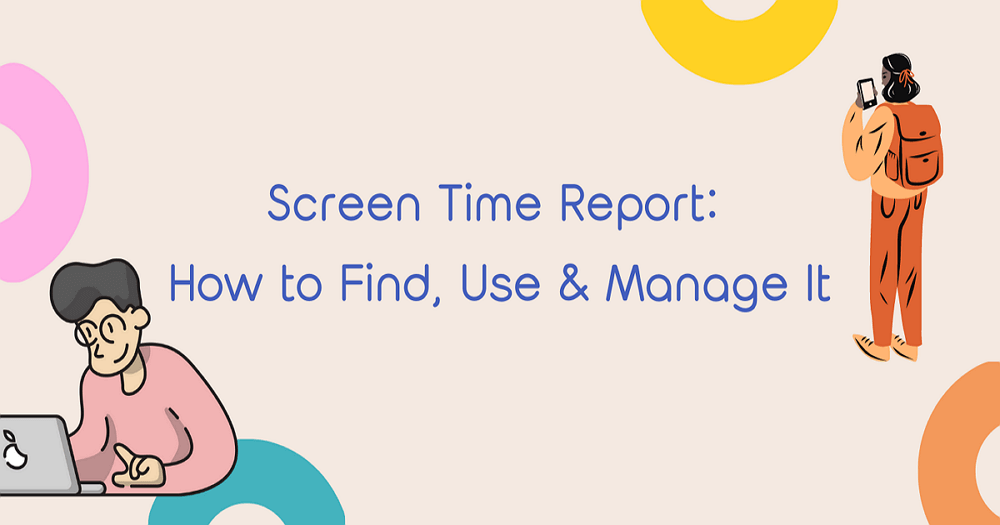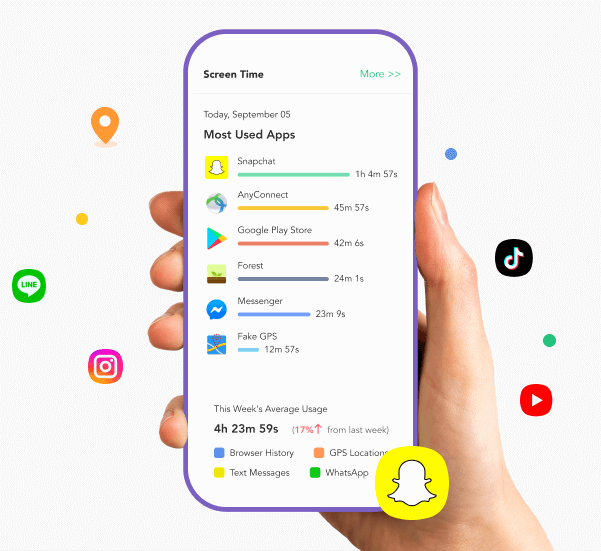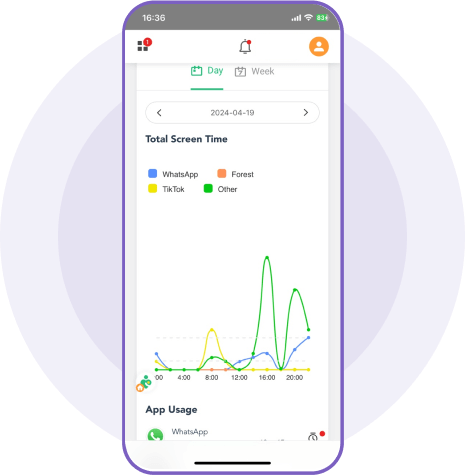
Screen Time Report
Colorful graphs and histograms with the app logo and title provide a clear vision of screen time situations and app usage.
- The time of app usage is accurate to seconds.
- A brief view of the dashboard front page and a detailed version are provided.
- Know how long your kids have spent on their phones.
Available for:
Limit or Block Apps at Will
In the FamiGuard Pro Screen Time function, you can set apps using rules for specific apps. Parents can define the day and maximum time for each app.
- Not just limit; you can block or even uninstall apps.
- To build a balanced life between screen time and daily life.
- Keep track of screen time to develop a healthier habit for kids.
Available for:
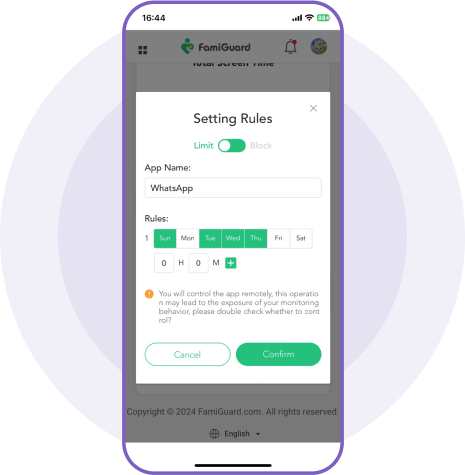
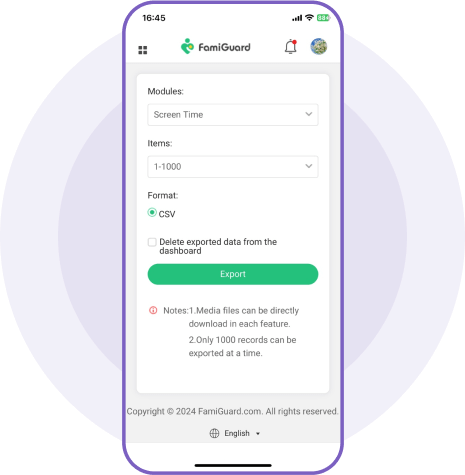
Export Screen Time Report
The screen time report is more than just data displayed on the dashboard because you can export and download the report for offline review.
- Export 1,000 items at a time.
- The report includes detailed software information such as app names, versions, sizes, and the number of visits.
Available for:
Learn More Parental Control Tools to Protect Your Child
Set up FamiGuard Pro in 3 Simple Steps
1. Sign up Free and Choose Your Plan
Register for a free FamiGuard account and choose a suitable subscription plan.
Buy Now
2. Follow the Setup Guide
Download, installation, and configuration. Whether manually or automatically, that is easy.
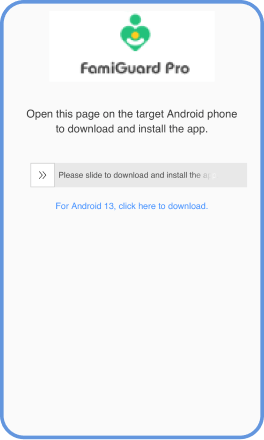
3. Monitor Screen Time Now
After completing the task, you can check screen time app usage and limit or block apps from Phone Files > Screen Time.
View Demo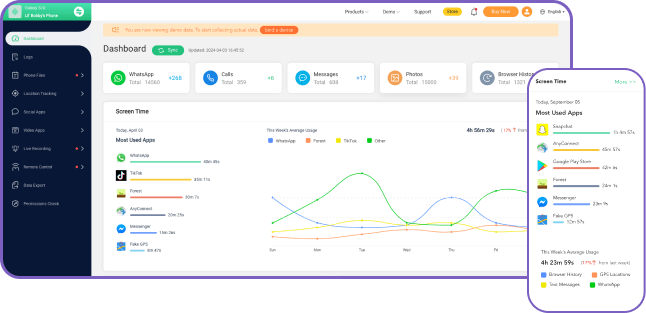
Best Phone Tracker for Parental Control
Start your phone monitoring with FamiGuard Pro today and keep your child safe online.
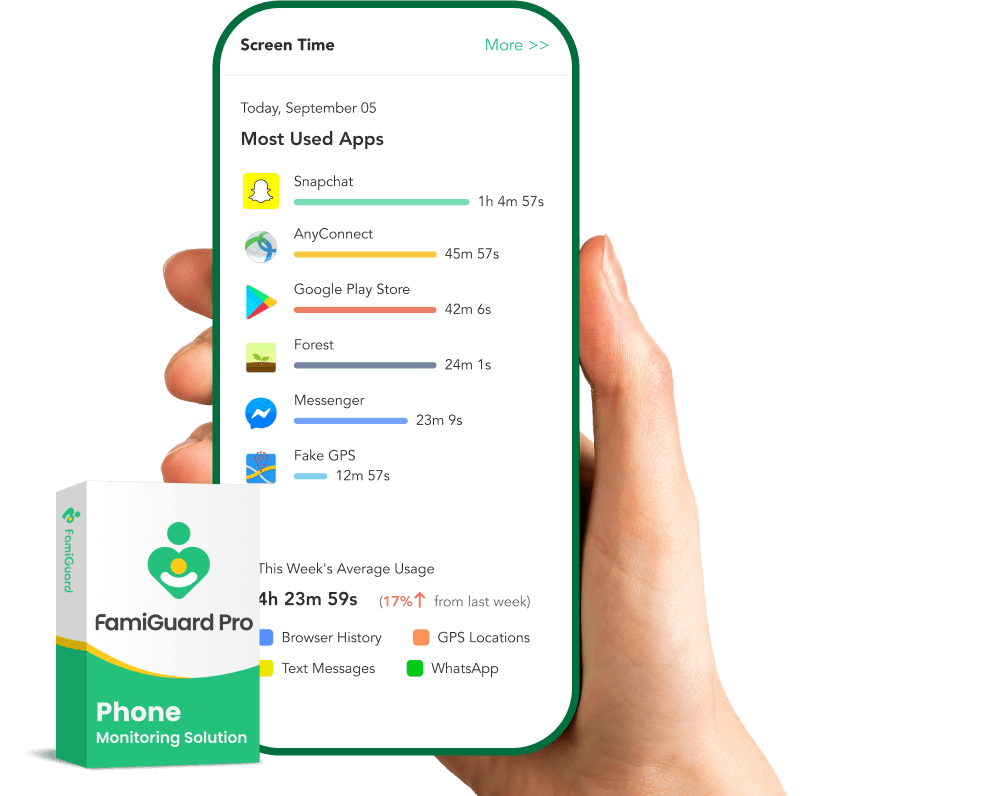
FAQ About Screen Time:
-
1. What is healthy screen time?
Healthy screen time refers to a balanced approach to using digital devices, where screen activities are moderated and supplemented with other activities such as physical exercise, social interaction, and outdoor play. It involves using screens to promote well-being and not negatively impact physical or mental health.
-
2. How much screen time is OK by age?
Screen time recommendations vary by age and developmental stage. The American Academy of Pediatrics (AAP) suggests limiting screen time for children aged 2 to 5 to one hour per day of high-quality programming, while older children and teenagers should have consistent limits and prioritize healthy activities such as sleep, exercise, and face-to-face interaction.
-
3. What is unhealthy screen time?
Unhealthy screen time refers to excessive or prolonged use of digital devices that negatively impacts physical health, mental well-being, social relationships, or overall functioning. It can lead to poor posture, obesity, sleep disturbances, eye strain, social isolation, and decreased academic performance.
-
4. Can too much screen time harm you?
Yes, too much screen time can harm physical and mental health. Excessive screen time has been linked to various health issues, such as obesity, sleep problems, eye strain, headaches, musculoskeletal issues, anxiety, depression, and social difficulties.
-
5. Should I limit my 14-year-old screen time?
Yes, it's important to limit screen time for 14-year-olds and encourage a balanced lifestyle that includes a variety of activities such as physical exercise, social interaction, hobbies, and academic pursuits. Setting limits on screen time can help promote overall well-being and healthy development.
Related Topics about Phone Screen Time
How to Turn Off Screen Time on Your Devices
This comprehensive guide will walk you through the step-by-step process of how to turn off screen time, including how to turn off screen time without a passcode, and how to turn off screen time on iPhone.
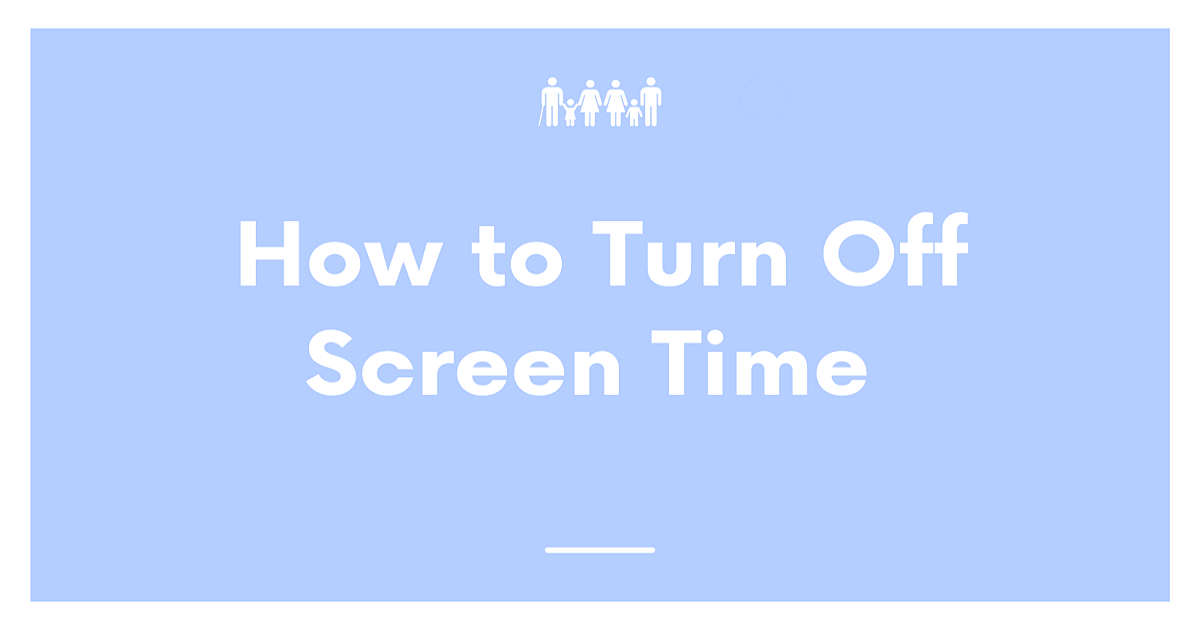
Screen Time Reports: A Comprehensive Guide
Screen time report can provide valuable and objective screen time data. This article serves as a comprehensive guide to finding and using screen time reports, for both Android and iOS devices.
